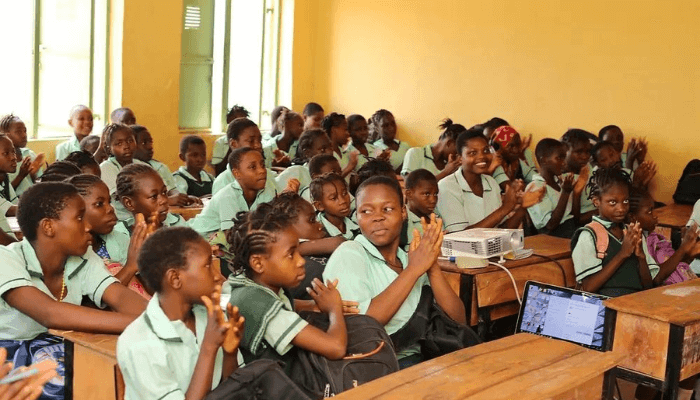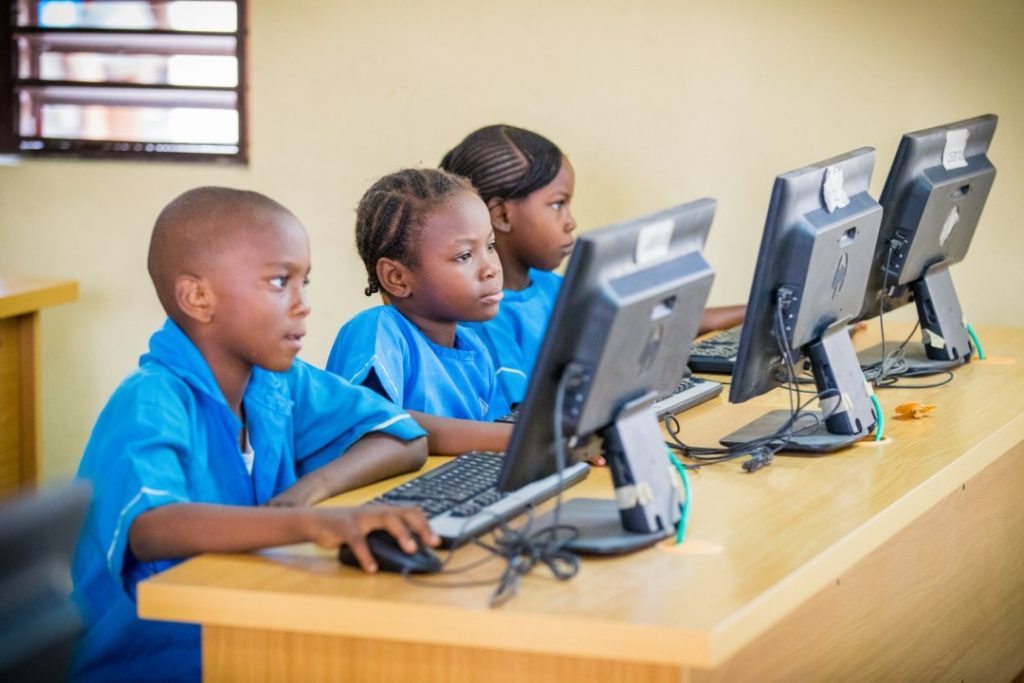In Nigeria, education is a cornerstone of societal progress, yet it remains a sector riddled with challenges. From overcrowded classrooms to outdated teaching methods & curriculum, the journey of providing quality education often feels like a Sisyphean task. But amidst these challenges lies a golden opportunity for collaboration between two key stakeholders: parents and school owners.
This partnership, when nurtured, has the potential to transform how we educate our children, preparing them not only for academic excellence but also for the real-world skills needed in today’s global economy.
Understanding the Current Landscape
The education system operates in a highly diverse environment. On the one hand, high-end private schools are offering cutting-edge facilities and international curricula. On the other hand, many public schools struggle with inadequate infrastructure, teacher shortages, and limited access to learning resources. For parents, the cost of education often dictates their choices, while school owners grapple with striking a balance between quality and affordability.

Amidst this complexity, one common goal unites parents and school owners: the desire to provide children with the best possible start in life. However, achieving this requires both parties to move beyond transactional relationships and engage in meaningful dialogue and action.
The Role of Parents
Parents are the first educators of their children. Beyond enrolling their wards in school and paying fees, parents need to participate in their child’s educational journey actively. This includes:
- Engaging with Teachers: Attend parent-teacher meetings, seek regular updates, and discuss ways to support learning at home.
- Providing Feedback: Constructive feedback helps school owners and teachers understand the unique needs of their students and make necessary adjustments.
- Advocating for Quality: Parents can collectively demand better infrastructure, up-to-date teaching aids, and teacher professional development.
- Supplementing Learning: Encourage extracurricular activities, digital literacy, and reading habits at home to complement formal education.

The Role of School Owners
For school owners, education is more than a business—it is a responsibility to nurture the next generation of leaders, thinkers, and innovators. To achieve this, school owners must:
- Invest in Teacher Training: A well-trained teacher is the bedrock of quality education. Regular workshops and professional development programs can elevate teaching standards.
- Foster Inclusivity: Create environments where every child, regardless of background, feels valued and supported.
- Leverage Technology: Embrace e-learning tools, smart classrooms, and digital resources to enrich the learning experience.
- Engage with Parents: Build trust through transparency and regular communication. When parents feel heard, they are more likely to support the school’s vision.
Bridging the Gap
The relationship between parents and school owners need not be adversarial; it should be symbiotic. Here are practical ways to strengthen this partnership:
- Parent-Teacher Forums: Regular forums can facilitate open dialogue, allowing parents to share their concerns and school owners to explain their policies and limitations.
- Community Projects: Collaborative initiatives, such as school beautification drives or fundraising for libraries, can foster a sense of ownership and shared responsibility.
- Workshops for Parents: Organize sessions on topics like digital parenting, mental health, and career guidance to equip parents with tools to support their children.
- Feedback Mechanisms: Create accessible platforms for parents to provide feedback anonymously, ensuring honest and actionable inputs.

Embracing the Future
Education in Nigeria is at a crossroads. As the country navigates rapid technological advancements and a burgeoning youth population, the need for innovative, inclusive, and impactful education has never been greater. By working together, parents and school owners can create an environment where children are not just educated but are empowered to thrive in a dynamic world.
This collaborative spirit is not just a vision but a necessity. Together, we can bridge the gap and lay the foundation for a brighter future—one classroom, one student, and one partnership at a time.
